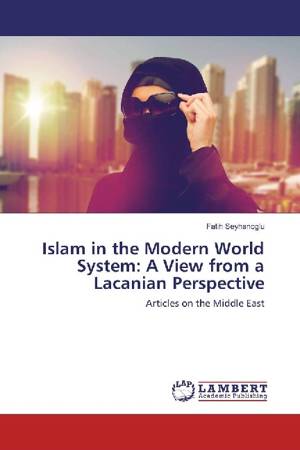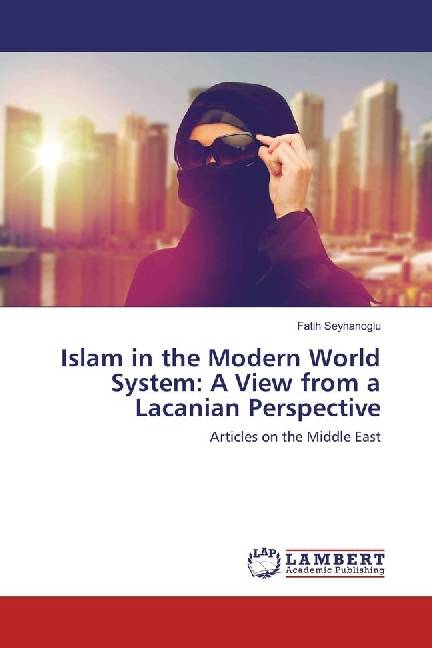
Bedankt voor het vertrouwen het afgelopen jaar! Om jou te bedanken bieden we GRATIS verzending (in België) aan op alles gedurende de hele maand januari.
- Afhalen na 1 uur in een winkel met voorraad
- In januari gratis thuislevering in België
- Ruim aanbod met 7 miljoen producten
Bedankt voor het vertrouwen het afgelopen jaar! Om jou te bedanken bieden we GRATIS verzending (in België) aan op alles gedurende de hele maand januari.
- Afhalen na 1 uur in een winkel met voorraad
- In januari gratis thuislevering in België
- Ruim aanbod met 7 miljoen producten
Zoeken
Islam in the Modern World System: A View from a Lacanian Perspective
Articles on the Middle East
Fatih Seyhanoglu
Paperback | Engels
€ 28,45
+ 56 punten
Omschrijving
What happened on September 11, 2001 was the biggest and most unusual terrorist act in modern history. Not only were innocent people targeted - but also emblems of the United States and Western civilization; the symbolic meaning of the American mental perception of the Muslim World. This book, after a historical account of the same debate, deals with the event must be analyzed, bringing a new wave of discussion about Islam. From a Lacanian perspective it is clear that what we are hearing about Muslims from Western voices is nothing but a reflection of historical misunderstandings of Islam. This is normal. What is significant is what new configurations that emerged after the terrorist attack on America mean for the perception of Islam and the Muslims. How the U.S. government reads this event will have a far-reaching impact on the role of Islam in the modern international world system. What is the meaning of a supranational Muslim identity? What is the meaning of Muslim identities for the West? What is the connection, if any, between terror and Islam at theoretical and practical levels? Would an intertextualist approach that brings different epistemologies into the field be possible?
Specificaties
Betrokkenen
- Auteur(s):
- Uitgeverij:
Inhoud
- Aantal bladzijden:
- 52
- Taal:
- Engels
Eigenschappen
- Productcode (EAN):
- 9783659787263
- Uitvoering:
- Paperback
- Afmetingen:
- 150 mm x 220 mm

Alleen bij Standaard Boekhandel
+ 56 punten op je klantenkaart van Standaard Boekhandel
Beoordelingen
We publiceren alleen reviews die voldoen aan de voorwaarden voor reviews. Bekijk onze voorwaarden voor reviews.









